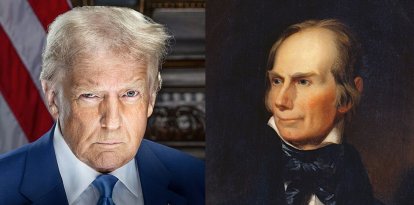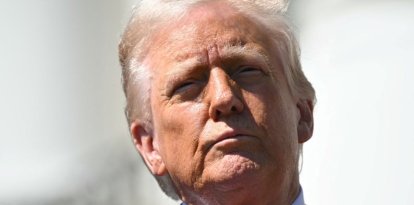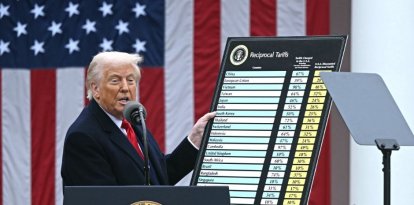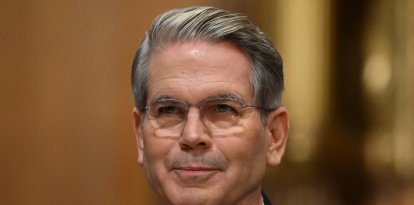Biden tries to defend his record in final speech to the United Nations: "Some things are more important than staying in power"
The president spoke about his foreign policy record, beginning with his opposition to apartheid in South Africa in the 1980s and the lead up to the tumultuous withdrawal from Afghanistan.
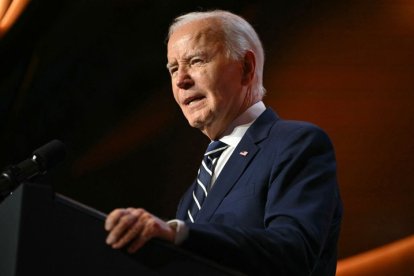
U.S. President Joe Biden
On Tuesday, President Joe Biden said goodbye to the United Nations General Assembly, highlighting his decision not to run for re-election while addressing the complex challenges facing the world.
"As much as I love the job, I love my country more," the president said, arguing that it is "time for a new generation of leadership to take my nation forward.” Biden said. “Let us never forget, some things are more important than staying in power," he added.
Conflicts in the Middle East
During his latest speech to the UN, Biden focused his attention on Israel in the wake of the October 7 attacks perpetrated by Hamas and the growing involvement of Hezbollah in the region.
Si bien el presidente reconoció la gravedad del conflicto , insistió en que Estados Unidos y sus aliados están "decididos a evitar una guerra más amplia". Al condenar los ataques de Hezbolá, Biden subrayó la importancia de su enfoque diplomático, insistiendo en que "la guerra a gran escala no beneficia a nadie" y que la diplomacia es esencial para lograr una seguridad duradera.
Russia-Ukraine War
Biden also reaffirmed the United States' firm commitment to Ukraine in its fight against the Russian invasion. He affirmed that Putin's offensive has failed in its attempt to destroy Ukrainian sovereignty and emphasized the fact that the country remains free. He further suggested that the Russian aggression has strengthened NATO, making the alliance more united and robust. "The world now has another choice to make. Will we sustain our support to help Ukraine win this war and preserve its freedom? Or walk away and let aggregation be renewed and a nation be destroyed," questioned Biden.
Other global issues
Beyond the topic of war, Biden also insisted on talking about his leftist agenda on climate change, as well as addressing the challenges of artificial intelligence and that of global competition, especially with China.
The president talked about his foreign policy record, beginning with his opposition to apartheid in South Africa in the 1980s and leading up to the tumultuous withdrawal from Afghanistan, which he described as "a decision accompanied by tragedy." "I’ve seen a remarkable sweep of history," he said, although his legacy in international affairs continues to generate controversy.
In closing, on an optimistic note, the president claimed that even in the midst of wars and global uncertainty, there is the possibility of a better future. "Even in the horrors of war, there’s a way forward," Biden concluded, in what becomes his last speech as president before the UN.
RECOMMENDATION
